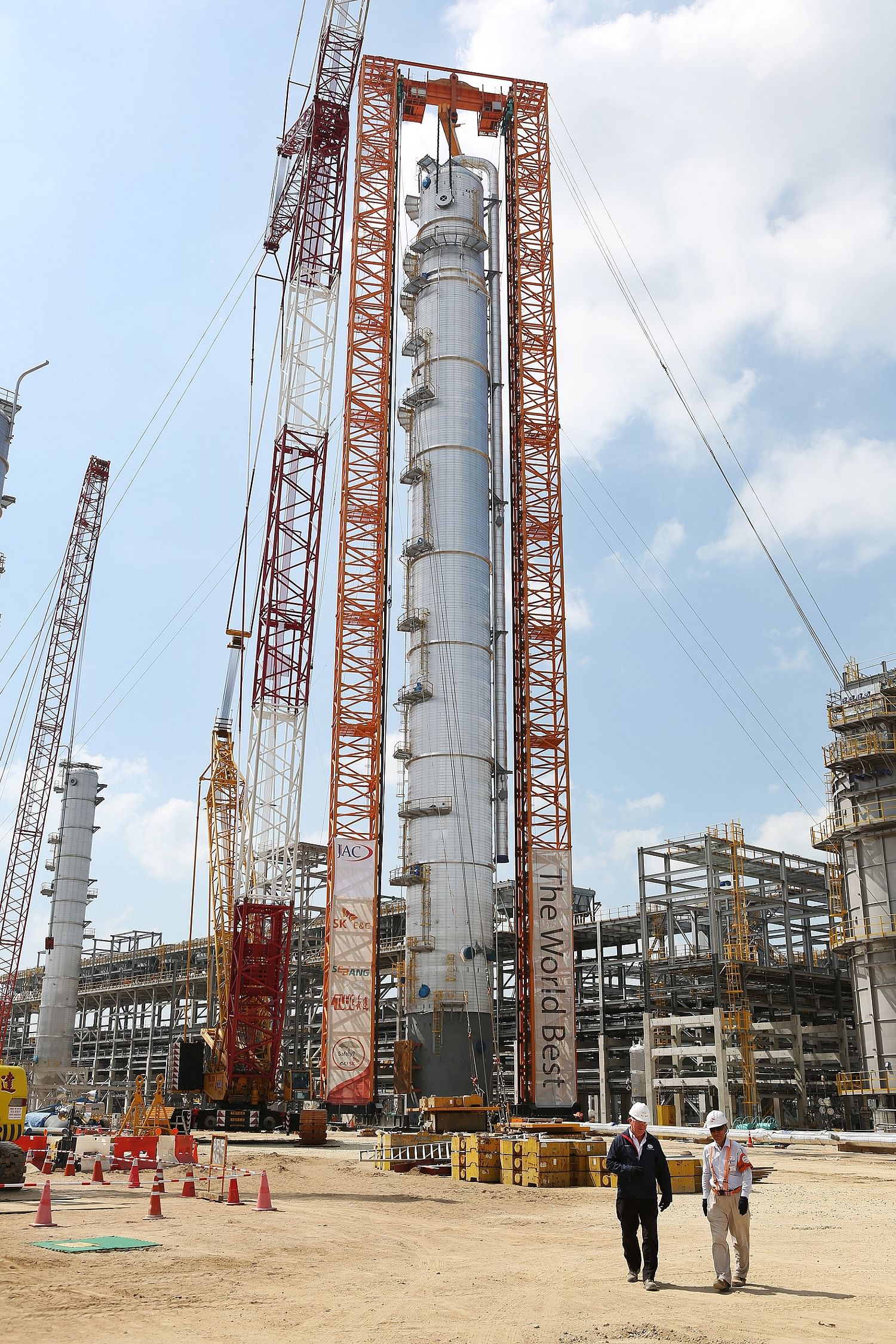Jurong Aromatics Corp (JAC), which operates one of the world's largest petrochemical plants in Singapore, has gone into receivership over debt woes.
It faced mounting debt as operations ground to a halt in December last year amid slowing demand, and weakness in prices of oil and related chemical products.
Restructuring firm Borrelli Walsh, in a letter to creditors on Monday, said it has been appointed by BNP Paribas as the receiver of the $2.4 billion facility in Jurong Island.

A check with the Accounting and Corporate Regulatory Authority confirmed the appointment.
"All affairs, business and property of JAC are now controlled by the receivers," said the letter.
"Among other things, the responsibilities of the receivers include identifying, taking control of, protecting and preserving the assets and business of JAC, and carrying out such investigations as the receivers may consider necessary."
A receivership is a type of corporate insolvency, with a receiver appointed by the lender to have security over the assets of the company. The receiver is to the realise assets for the benefit of only the lender.
Both JAC and Borrelli Walsh declined comment when contacted by The Straits Times yesterday.
JAC had $1.53 billion in liabilities and $68.7 million of accumulated losses at the end of 2013, according to its latest available records.
Suppliers BP, Glencore and SK Energy have secured claims against the company, while BNP Paribas led a $1.73 billion loan facility in 2011 that has yet to be repaid.
The JAC plant - up and running last year but only for five months - aimed to produce 1.5 million tonnes of aromatics, and 2.5 million tonnes of transportation fuels a year.
It is owned by a group led by South Korean conglomerate SK Group (30 per cent) and Chinese polyester maker Jiangsu Sanfangxiang Group (25 per cent). Others include Glencore (10 per cent) and the Economic Development Board (5 per cent).
Ms Anu Agarwal, vice-president for chemicals at market data provider Argus Media, said low oil and petrochemical prices are only partly responsible for JAC's troubles.
"The problem has been more to do with a complex shareholding structure of the company," she said.
SK Group, for instance, has other assets to consider as well, given its energy unit SK Innovation operates a similar facility in South Korea via a subsidiary.
EDB's executive director for energy and chemicals, Mr Damian Chan, said EDB tried to facilitate discussions among stakeholders "on how best to start up JAC's operations".
"Unfortunately, the parties involved could not agree on a commercially viable arrangement."
Mr Chan said he expects the receivership to have a "limited" impact on the industry since JAC is not integrated with other plants in Jurong Island. "Singapore has developed an extensive chemical portfolio, of which aromatics is one of them. This diversity enables our chemical industry to remain resilient and we continue to see growth," he said.

